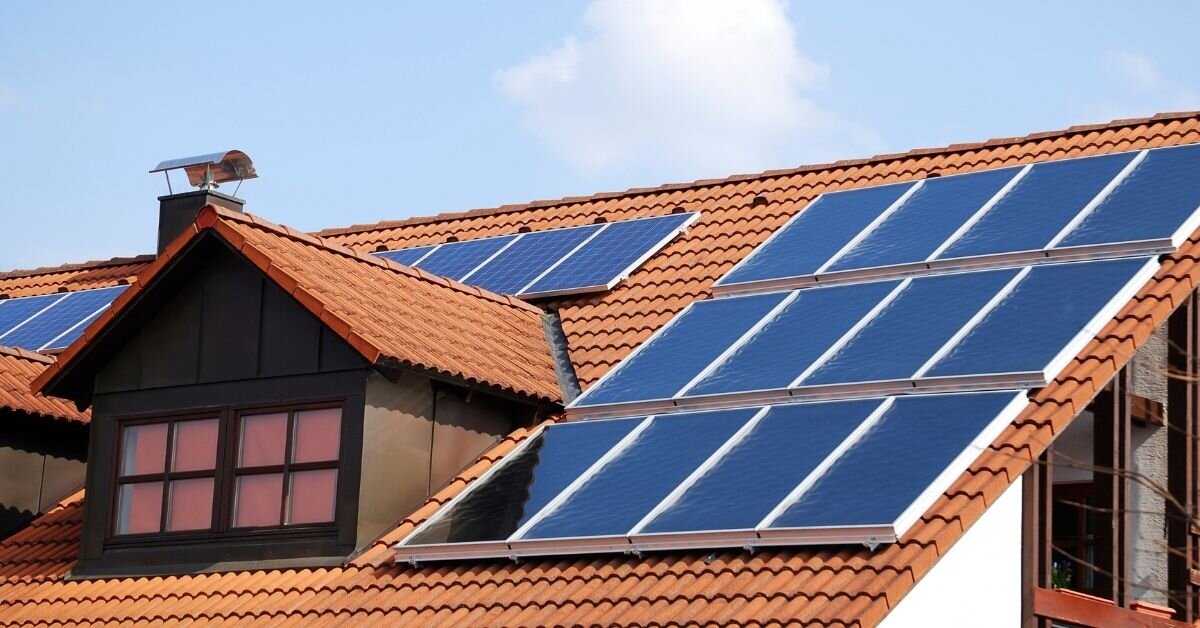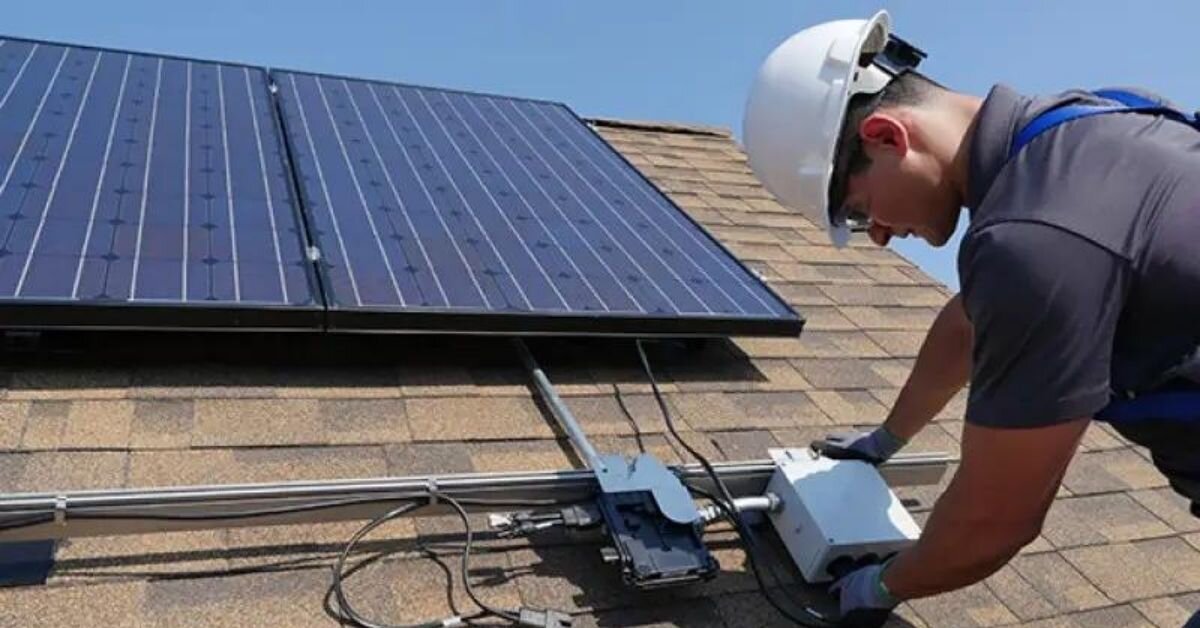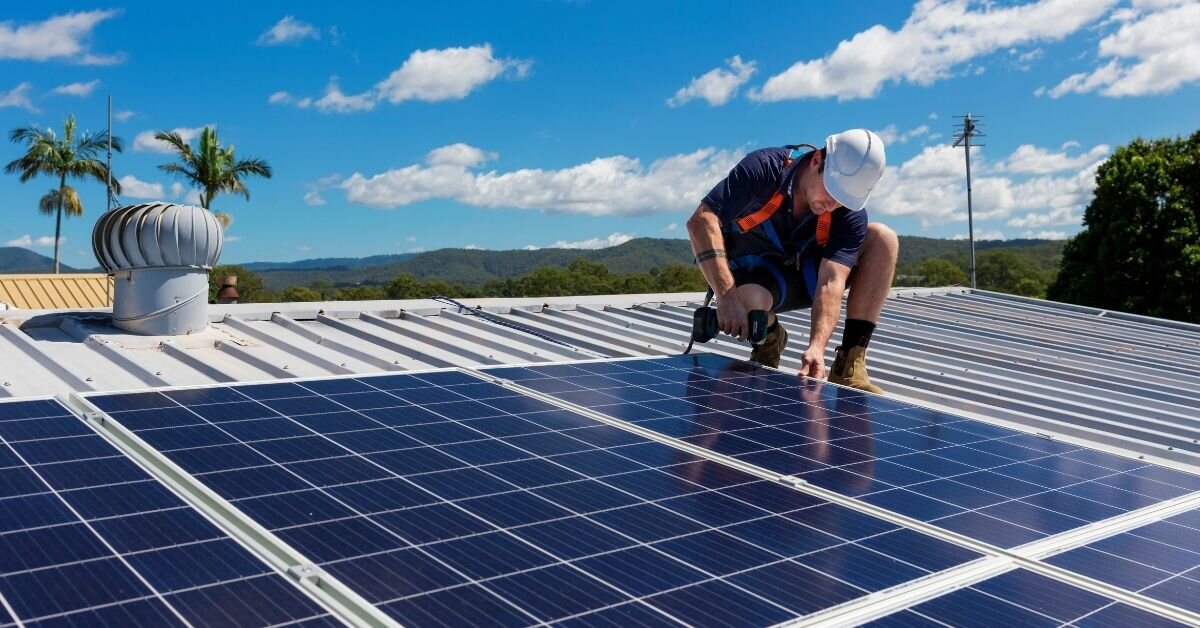
Before you get solar panels installed, you have to make sure you have all the solar panels needed to account for your home energy use. This is especially the case if you want to go completely solar for your energy needs.
So, how many solar panels do you need in your home? The answer: the standard number is 20-25, but it still depends!
Solar panels aren’t a one-size-fits-all. You have to take into account your personal energy usage, your chosen panels’ capacity, and your geographical location. Let’s get more in-depth:
#1 Consider Your Personal Usage
Do you know how much energy you consume? You might have a vague ballpark! If you’re going to go solar, it’s time to find out more about your electricity usage. It will give you a better idea of how many solar panels you need.
According to Choice, the average Australian home uses up 15-20 kWh a day. However, it’s important to take a closer look at your consumption.
Household usage may vary – and it can depend on being a single-person home or having a spouse and kids living with you. You also have to take into account the number of appliances you have and use in your home.
Your energy consumption is measured in kilowatt hours. Fortunately, it’s not hard to calculate your annual or average daily usage! Take a look at past electricity bills, or go ahead and check a smart meter if you have one.
#2 Look Into Your Preferred Panels’ Capacity
Next, you want to check out your preferred panels’ wattage. You want its electricity output to match your personal consumption. It’s also a good idea to look into the type of solar panel you want for your home. The capacity and output may vary!
At Hunter Solar Solutions, we offer three kinds of solar panels that varies by performance:
- Q. Cells Q. Maxx – with efficient cell separation, wiring, and Q. Antum technology.
- Q. Cells Q. Peak Duo ML-G9 – with brand new cell connection, more electricity output, and Q. Antum technology.
- LG Neon 2 Solar Panel Modules – with double-sided cells, CELLO technology, and the right size for tight spaces and future expansions.
#3 Think About the Production Ratio
Now, see how much electricity your system will actually generate! The production ratio can help you figure this out. The ratio of the energy output of your system and the system size makes up the production ratio.
However, the production ratio will also highly depend on the source of your solar energy: sunlight!
#4 Check Your Geographical Location
How much sun you’ll get is directly affected by your location. Your location also matters when you take sunshine hours into account – or how long the sun exposure you get will last.
Depending on your location, you either get cloudier or sunnier days. You’ll have to recalibrate the size of the system you’ll use for your home then!
You can use solar calculators online to figure out just how many panels you need. It’s also best to reach out and ask your preferred solar companies about your situation! Hunter Solar Solutions is here to help anytime.
In Conclusion
Solar panels are a step towards reducing your carbon footprint, having efficient and durable energy, and avoiding pricey electricity bills. Make sure the solar panels you get work for your specific needs and situation.
Planning out your solar energy system is crucial. Remember to look into your personal usage, preferred panel capacity, production ratio, and geographical location!
We hope our explanation helped you out in deciding how many solar panels you’ll need for your home. While the standard may be 20-25 panels, feel free to adjust the number accordingly with the several factors we’ve mentioned.
We’re always open for your questions! Contact us here.
continue reading
Related Posts
An effective solar power system is necessary if you want to install a reliable solar energy source in your home. To be able to distinguish effectivity, […]
1. Monocrystalline Solar Panels Monocrystalline solar panels have cells that are made up of singular silicone crystals. Aesthetically, you may recognise these panels as the ones […]
Before you completely commit to a solar system provider installer, you should be able to vet them properly. After all, you’re making a long-term investment for […]




